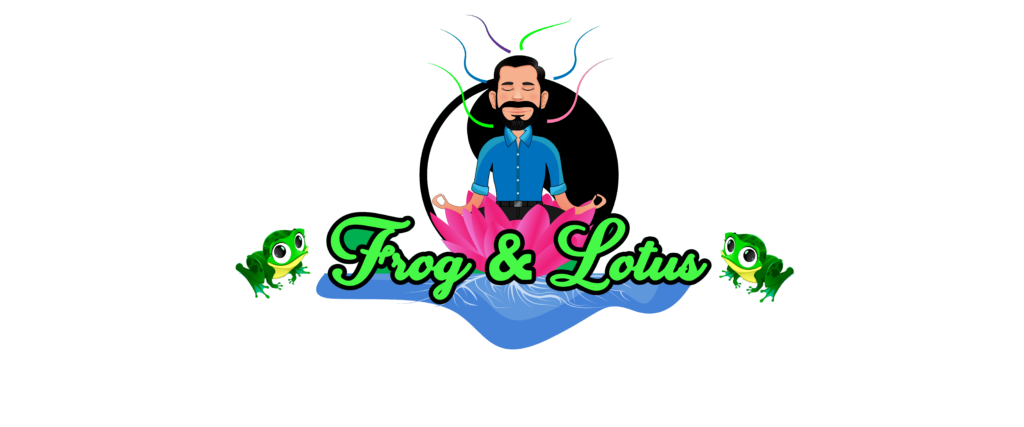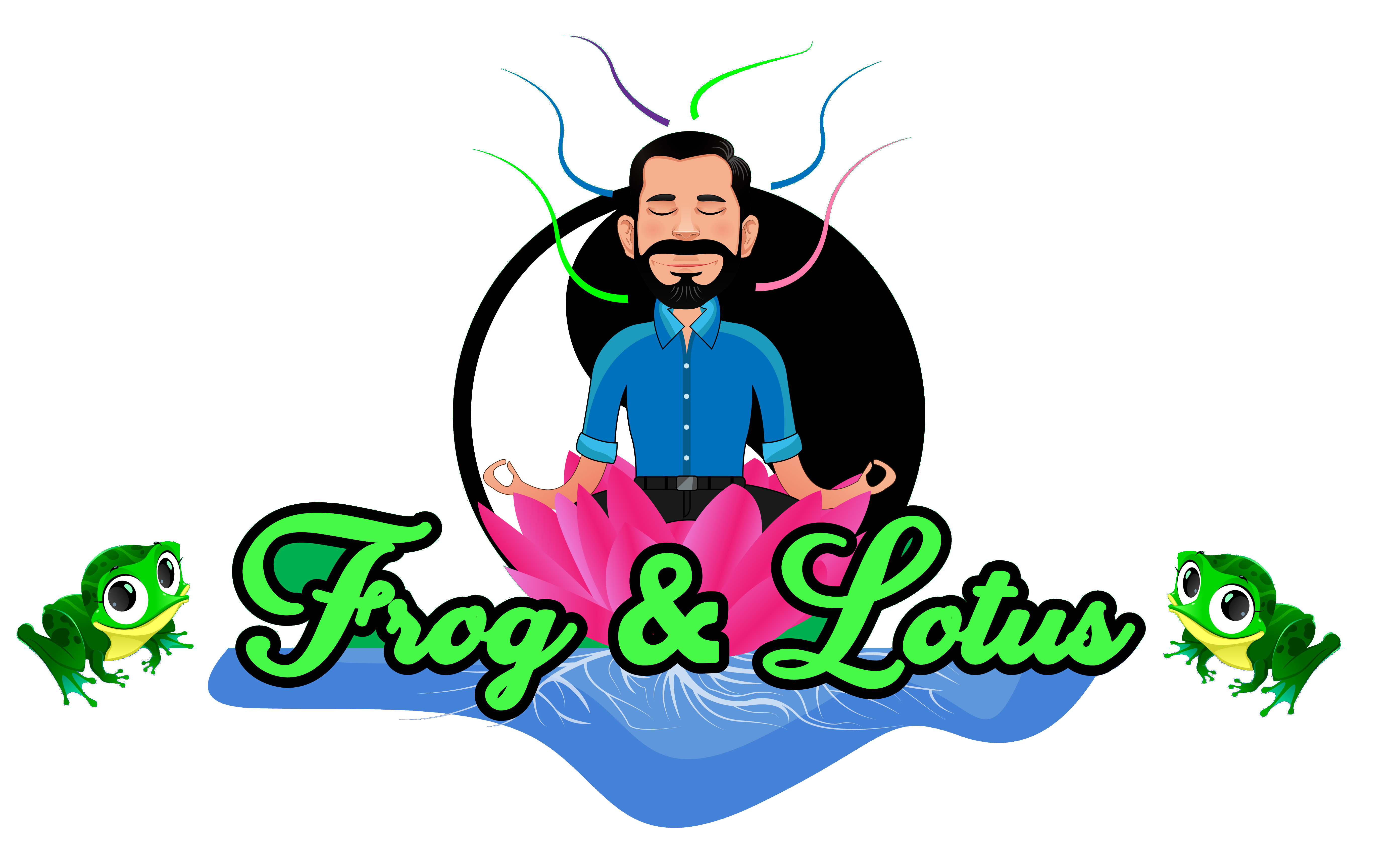I’ve always been a goal setter, at least in my adult life. Goals seem to keep me on track and pointed in a direction. As I get older, life gets busier and more complicated, making it more and more important to focus the goals so they are aligned, more or less, to point in a similar direction. A goal to lose weight isn’t going to work well with a goal to win a hot dog eating contest. Basic goal setting works well when we are just learning the ropes, but eventually we need to look at higher horizons. We might have goals for today, this month, this year, and three to five years. Still, we can go even beyond these time-based horizons by thinking about things like mission, core values, and higher purpose.
I’m constantly re-evaluating and re-prioritizing my goals and as I do, I think often about purpose. Why do I have all these goals again? Most good leadership and management books out there cover this subject. They say that if you want to be successful in life you have to have a clear vision of your outcome and you have to know your purpose. It’s pretty lofty stuff and most of us agree this makes a whole lot of sense. Unfortunately, many of us are left feeling empty or lost because our vision is hazy at best and our purpose hasn’t revealed itself yet. Why is it that some people see their vision so clearly while others haven’t got a clue?
I’ve read a whole lot of books on this subject and some with some very obvious titles, such as Start with Why, by Simon Sinek. It’s an awesome read and he’s a great author. He tells of all sorts of highly successful companies who seemed to know exactly where they were heading because they knew their “why.”
There are times in my life when I’ve been very focused and on purpose as it relates to a short-term project or goal. But life purpose? That one’s been a lot harder to nail down. Maybe its because there are just so many things to do and see in this world and I just don’t want to commit.
Recently though, reading Penney Peirce’s book, Frequency, gave me a little bit of helpful insight. At the end of the book there is a glossary in which she defines the word destiny. Purpose is not included in her glossary and I suppose we could say that purpose and destiny are not the same thing. Purpose is the reason why something exists while destiny is the series of events that will happen to a person. Perhaps the reason I exist is different than my destiny. But no one will really know my destiny until said series of events actually happens. So I’d like to think that my purpose will ultimately steer me to my destiny. Make sense? Enter Penney Peirce’s definition of destiny. She says that destiny is:
“Life after the soul has integrated fully and consciously into the body, emotion, and mind; one’s highest-frequency life, accompanied by unlimited talents, harmonious energy flow, perfect timing, and doing what one is “built for” and most enjoys.”
The key words here are, “life after the soul has integrated fully.” It seems that before we can fulfill our destiny, which is really what I’ve always previously thought of as purpose, we first have to integrate our soul into body, heart, and mind. If we haven’t done that, we can’t live our destiny. It follows then that until the integration is complete, our purpose IS to integrate our soul with heart, body, and mind. This integration IS the hero’s journey and it is the process of becoming whole. So, if you are still experiencing a lack of clarity around your life’s purpose, perhaps it’s time to ask your soul if its feeling aligned.
Photo by Isaac Smith on Unsplash


